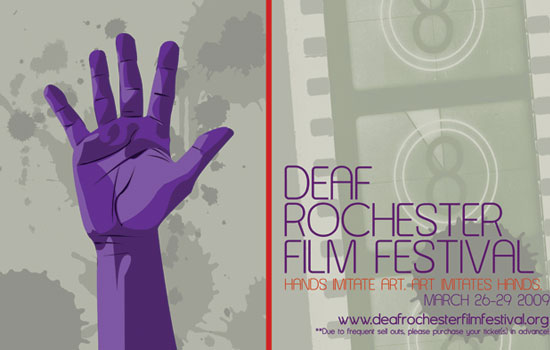RIT astrophysicist ‘moonlights’ as local jazz musician
Joel Kastner plays around town with his two bands, Stardust and The Powells.
Stardust is a scientific term referring to dust grains that are formed by the cooling gases ejected by stars. It’s also a fitting name for RIT professor Joel Kastner’s jazz band—one of two bands in which he plays on a regular basis.
Kastner is a professor in RIT’s Chester F. Carlson Center for Imaging Science, where he teaches classes in imaging science and astrophysics. He is also the lead guitarist for two local bands, Stardust and The Powells, the latter featuring an Americana sound that blends rock, folk and country. Both bands are mostly comprised of the same musicians, but have very different sounds. And both bands have found their haven inside Lovin’ Cup at Park Point.
“The Lovin’ Cup is just a great space,” says Kastner. “The owners are really making a noble effort to be one of the area’s sorely needed live music hangouts.”
Kastner’s professional life in astronomy is focused on studying star and planet formation, as well as the dying stages of stars like our Sun. One of his goals is finding new ways to discover planets outside our solar system. He tries to do that by examining stars, or suns, and the gases that surround them. Seeing that type of activity can indicate future planet formation. Learn more about his current work: Astronomer finds evidence of exosolar planets
So why hasn’t Kastner focused on his own “star” formation? He’s been playing guitar since his early teens and could have very easily decided to pursue music professionally. Although not able to completely forsake his guitar, Kastner chose instead to follow in the footsteps of his father, a physicist and amateur astronomer.
“Growing up, we always had a telescope in the backyard,” he says. “I just found it natural to be studying the stars and trying to further the science.”
Kastner attended University of Maryland as an undergraduate in physics. He also began his graduate studies in astronomy there, which he later completed at University of California at Los Angeles. He went on to join the research staff at Massachusetts Institute of Technology before taking a teaching position at RIT.
Kastner knows better than most that once the music gets in you you’ve got to let it out.









